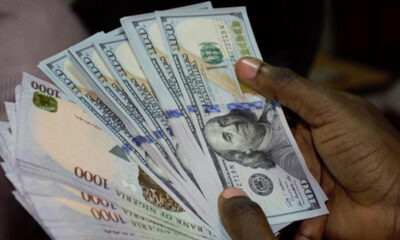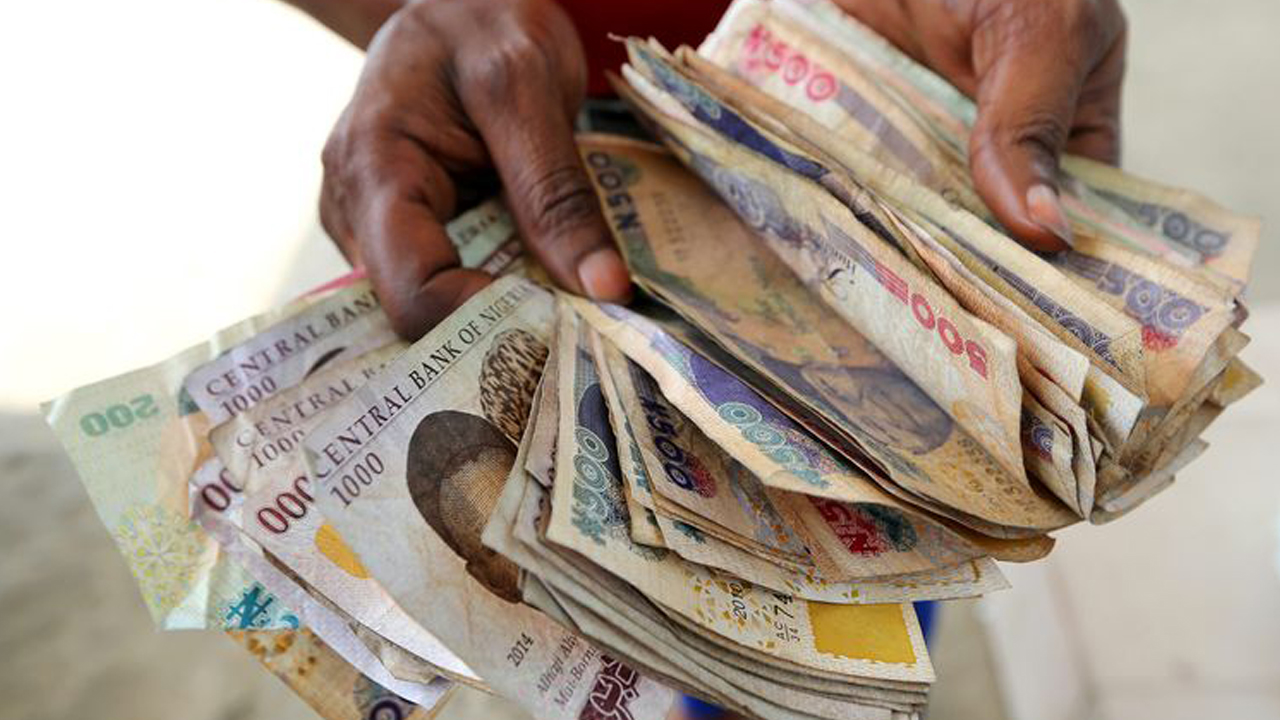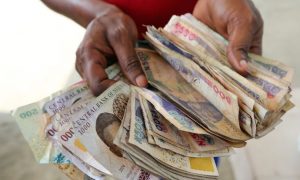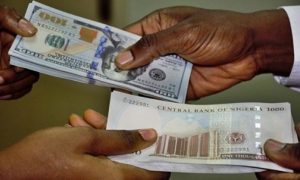Latest News
CBN raises monetary interest rate to 15.5%

The Monetary Policy Committee (MPC) of the Central Bank of Nigeria (CBN) has raised the interest rates to 15.5 per cent from 14 per cent as it battles to rein in aggressive inflation running riot in the last four months.
Inflation in August was 20. 52 per cent, rising up from 19.64 per cent in July.
At the end of the meeting, the apex bank adjusted Asymmetric Corridor at +100 & -200 basis points around the MPR (interest rate).
The banking sector regulator also increased the Cash Reserve Ratio (CRR) of banks to a minimum of 32.5 per cent and stressed that commercial banks will be debited from their reserves by Thursday at the most.
The Liquidity Ratio was retained at 30.00percent.
It will be recalled that the MPC hiked the MPR at the end of its third meeting of the year in May 2022 to 13percent from 11.50percent and to 14percent in July 2022.
At a media briefing in Abuja that was also relayed online through U-Tube channel, the CBN said it would continue to raise interest rates as long as inflation continues to trend upwards.
According to CBN governor, Godwin Emefiele, using the interest rate hike is the easiest and most preferred option, stressing that the option has been adopted globally.
“If you want to rein in inflation, the option is to raise the interest rate to a level that is equal or possibly higher than the inflation rate, so that inflation rate must lag policy rate,” Emefiele insisted.
He stressed that if the inflation rate does not lag the interest rate, it becomes a negative interest rate and a disincentive to investors.
He is of the view that as long as inflation keeps rising, not raising interest rates will retard growth and leave the people poorer than they could have been.
“Therefore it is imperative that you must raise the interest rate in order to rein in inflation.” the CBN governor said.
He, however, admitted that though raising interest rates may retard growth all the same but the reason for raising interest rates is not to help slow down inflation but compensate for an aggressive rise in inflation.
According to him, if the alternative CBN does not raise the rate, consumption and expenditure would be affected because the purchasing power of individuals would be eroded or dissipated.




















